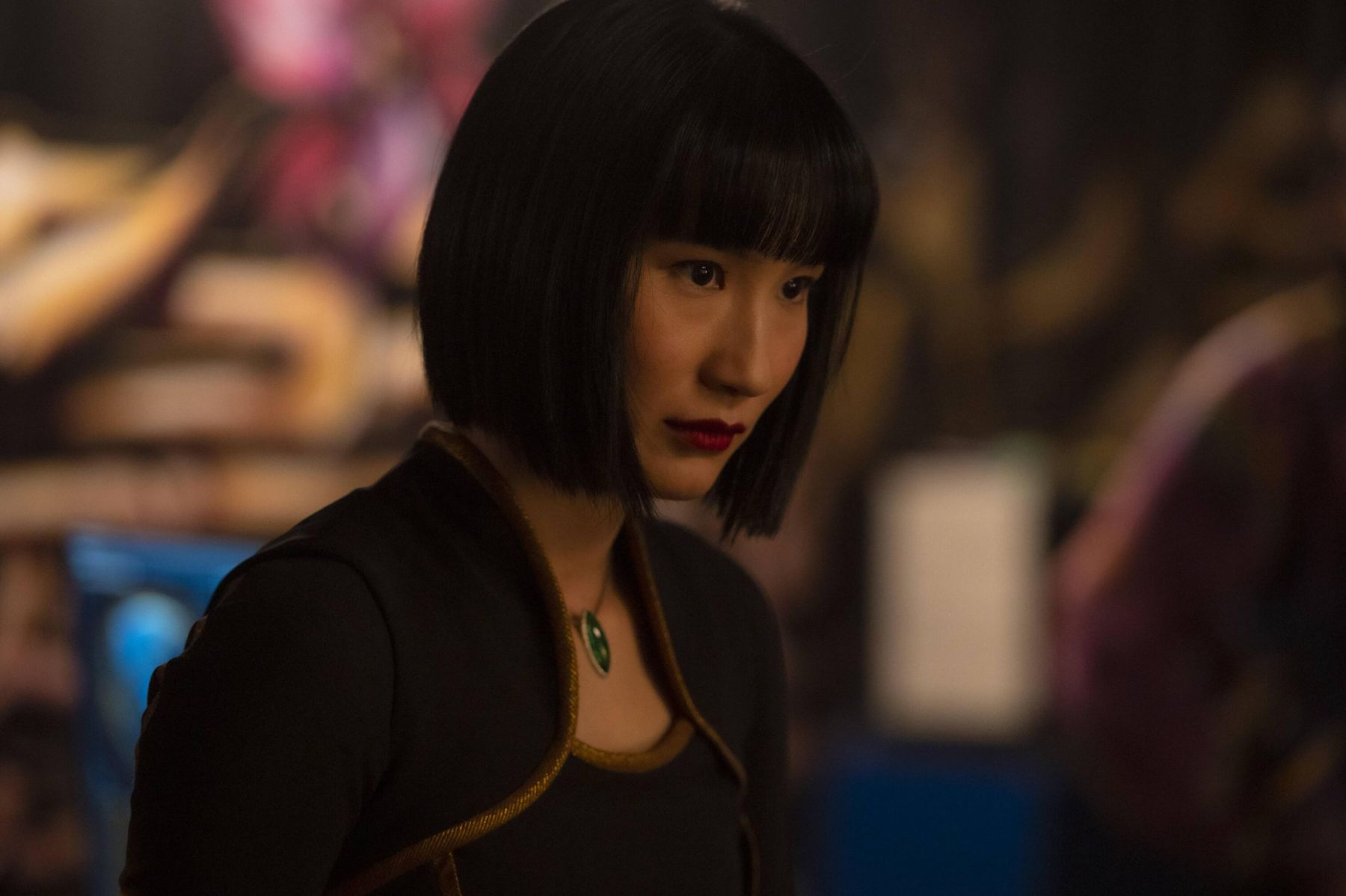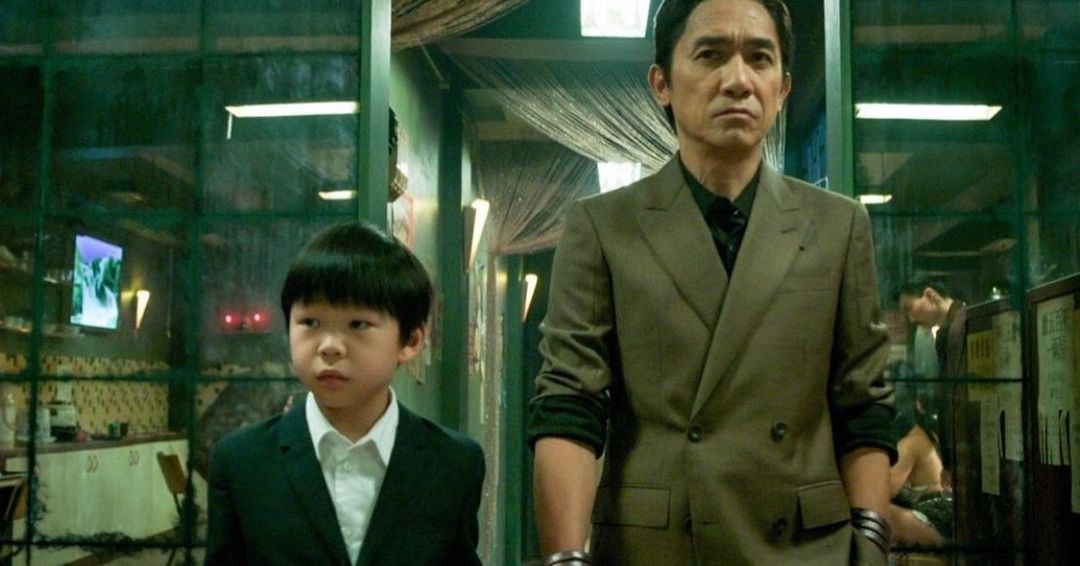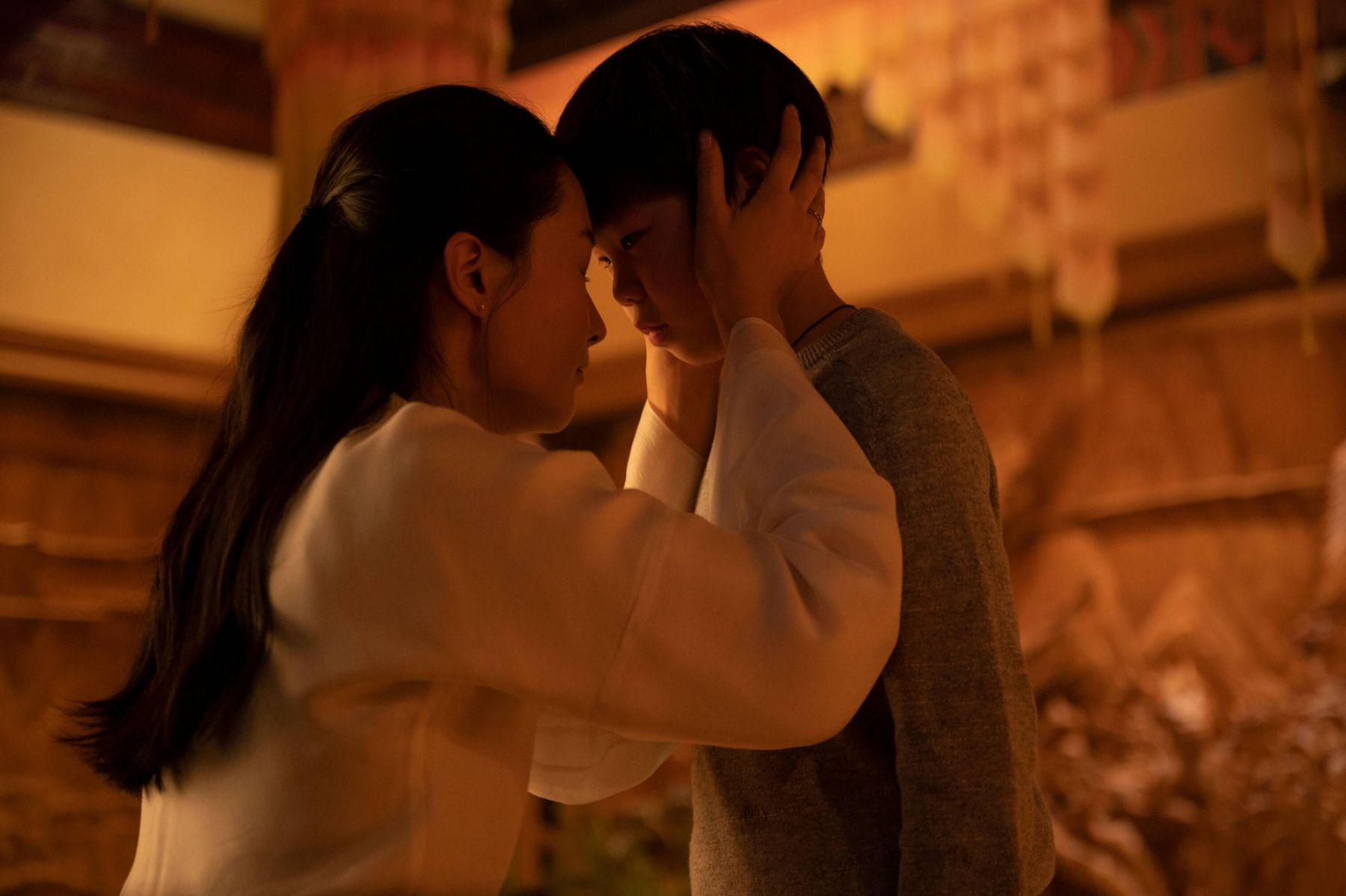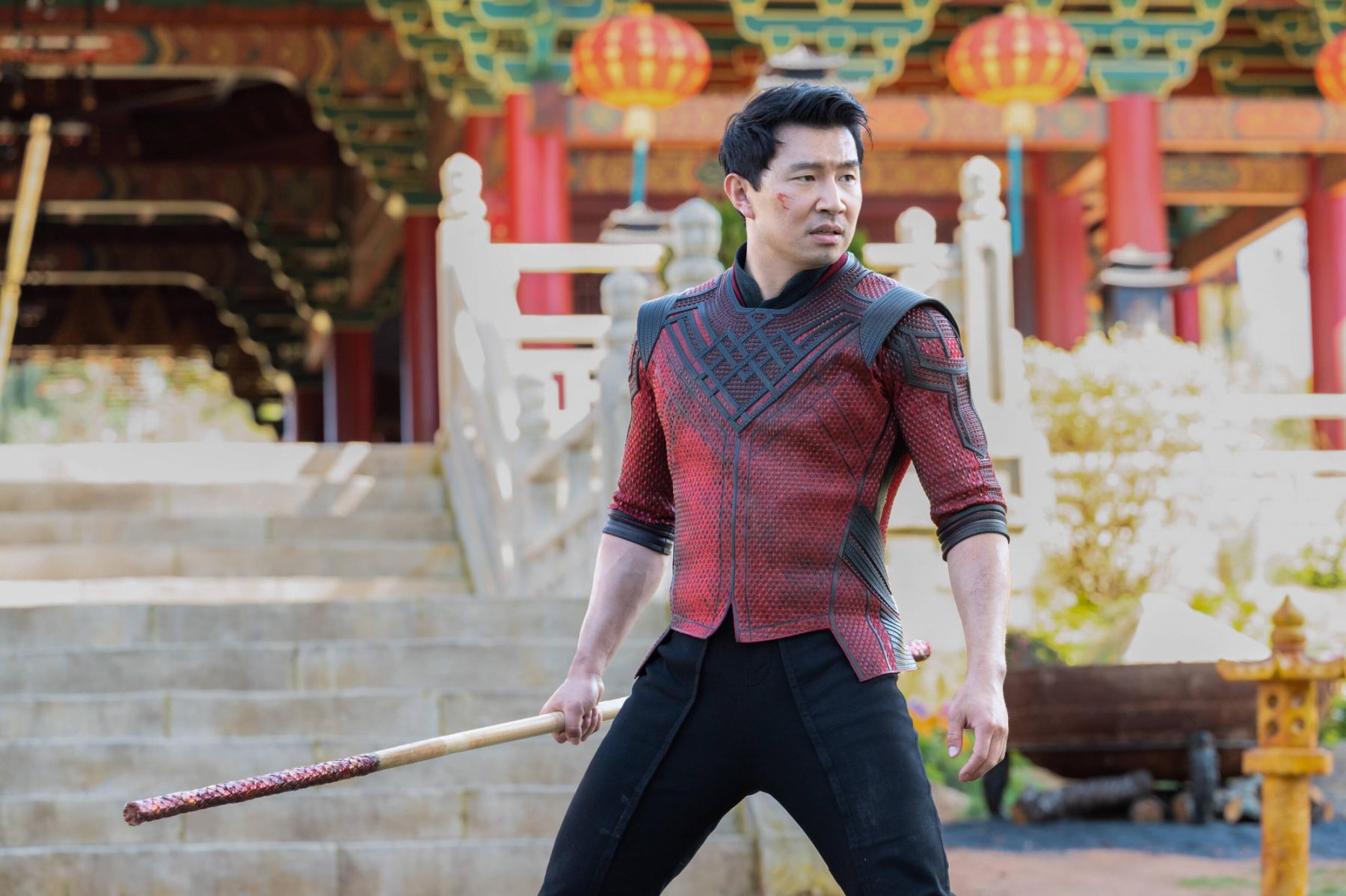A movie that celebrates and decodes complex Chinese culture, Shang-Chi and the Legend of the Ten Rings is not just your regular action-packed Marvel film
I got instant goosebumps the second the movie began. The narrator’s fluent Mandarin filled the room while the screen transported the audience back to ancient China. It was then when I realised just how different Shang-Chi and the Legend of the Ten Rings is compared to other Marvel films.
Shang-Chi and the Legend of the Ten Rings is Marvel’s first predominantly Asian-cast superhero film that stars protagonists Chinese Canadian actor, Simu Liu as Shang-Chi; and Hong Kong cinematic legend, Tony Leung-Chiu Wai as Shang-Chi’s dad and power-hungry supervillain, Wenwu. The large Asian cast continues with other familiar faces including Chinese American Awkwafina as Katy, Shang-Chi’s best friend; Hong Kong actor Fala Chen as Ying Li, Shang-Chi’s mother and guardian of a mystical secret village named Ta Lo; and Malaysian Chinese actor Michelle Yeoh as Jiang Nan, Shang-Chi’s aunt who also guards Ta Lo.
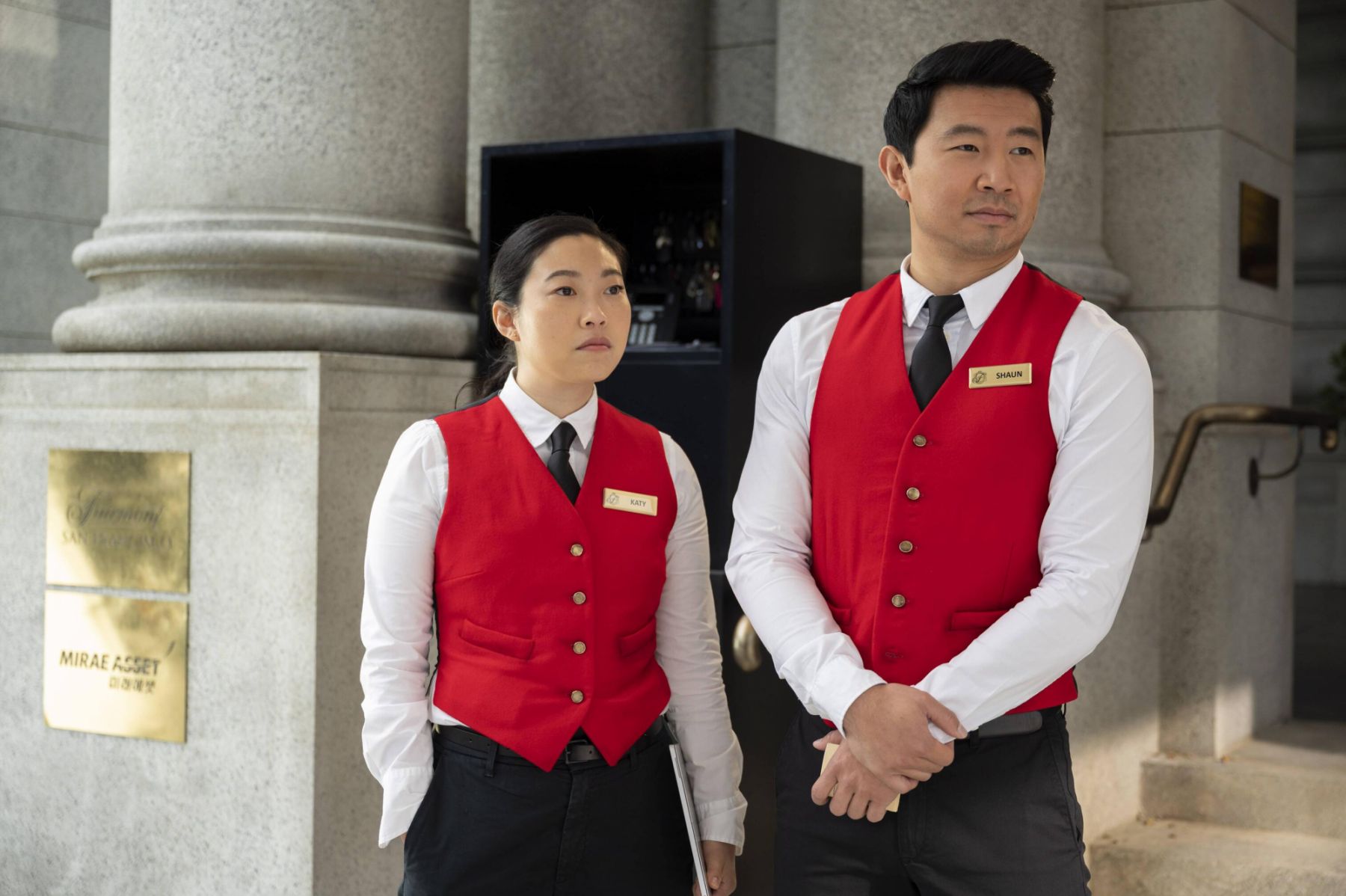
The audience is first introduced to present-day Shang-Chi, who goes by the name Shaun—a college graduate working as a hotel valet with his best friend, Katy. Despite being friends for ten years, it wasn’t until the pair were attacked by members of Wenwu’s Ten Rings organisation did Katy find out about Shang-Chi’s hidden martial art powers.
After being attacked by members of members from Ten Rings, Shang-Chi finally opens up to his best friend about his traumatic past where he trained to become an assassin under his dad’s encouragement to avenge his mom’s death; the fact that his dad is a crime boss with ten magical iron kung fu rings that gives him immortality and enough power to single-handedly defeat an entire army; and that he has a sister living in Macau whom he hasn’t seen since he escaped from the Ten Rings compound when he was fourteen. Heavy stuff.
See also: How Marvel's Shang-Chi Celebrates Chinese Culture On The Hollywood Stage

